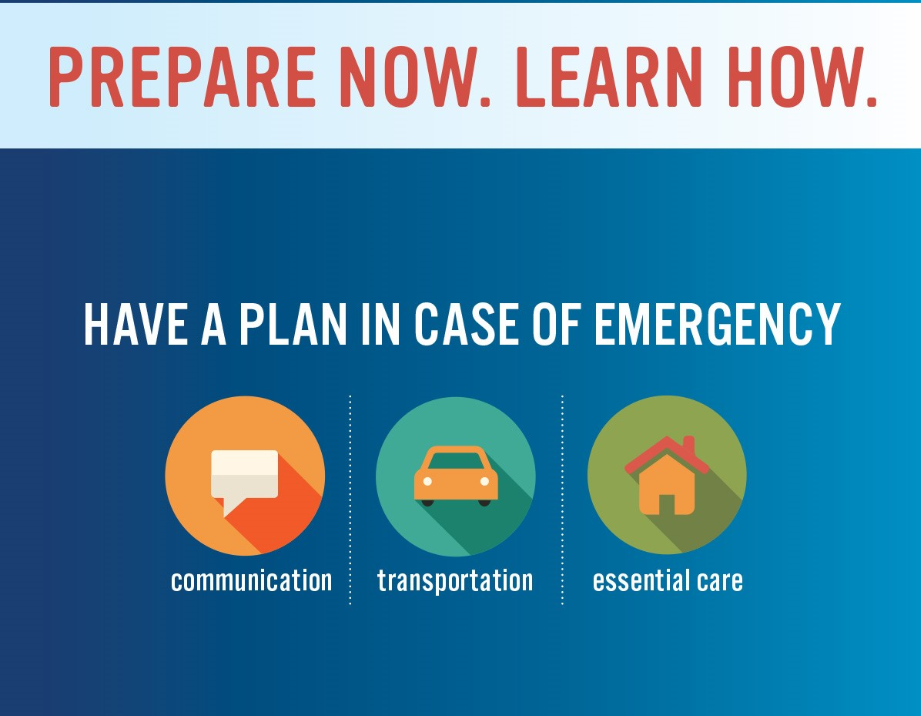Emergency Preparedness and Disaster Response

Ensuring effective emergency preparedness and response is crucial for quick and efficient actions during crises. With comprehensive plans in place, communities can reduce the impact of both natural and man-made disasters. Preparedness includes training emergency personnel, educating the public, and stockpiling essential resources to enable rapid mobilization during emergencies, thereby minimizing casualties and damage. A coordinated response guarantees timely aid to those in need, upholding public safety and swiftly restoring normalcy. Additionally, preparedness builds resilience, helping communities recover more quickly and better withstand future emergencies. It is a collective endeavor that highlights the significance of cooperation among governments, organizations, and citizens to protect lives, infrastructure, and overall community well-being.
Every year, disasters affect countless lives, causing severe damage to individuals and property. These events leave lasting impacts on communities.
When a disaster hits your area, local authorities and relief organizations will strive to assist you. However, it is vital to be prepared to look after yourself as well. Emergency responders might not be able to reach you immediately or may need to focus on other areas.
It's essential to know how to respond to various emergencies that could occur in your region, such as hurricanes, earthquakes, extreme cold, floods, or terrorist attacks.
You should be prepared to be self-sufficient for at least three days. This includes having the necessary supplies for shelter, first aid, food, water, and sanitation.
